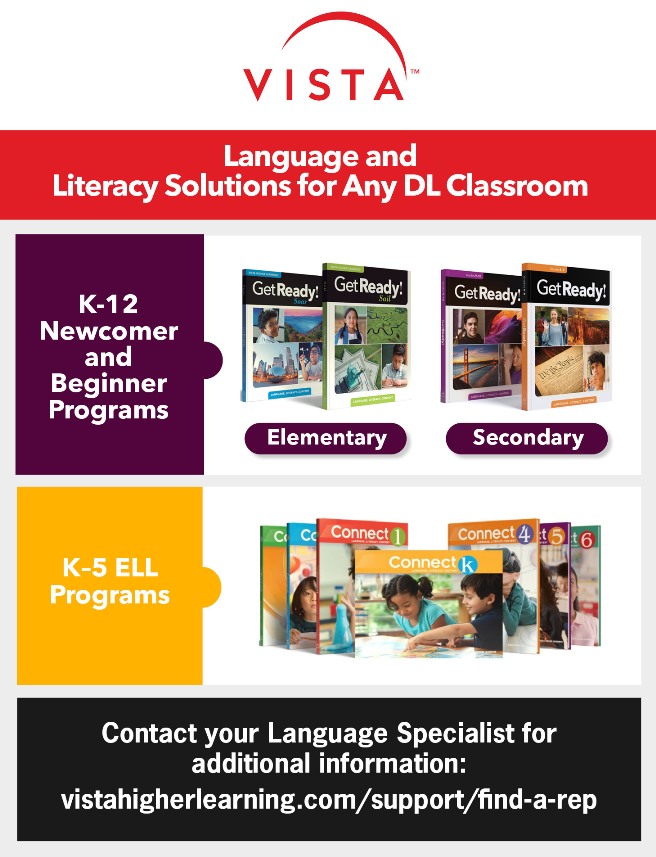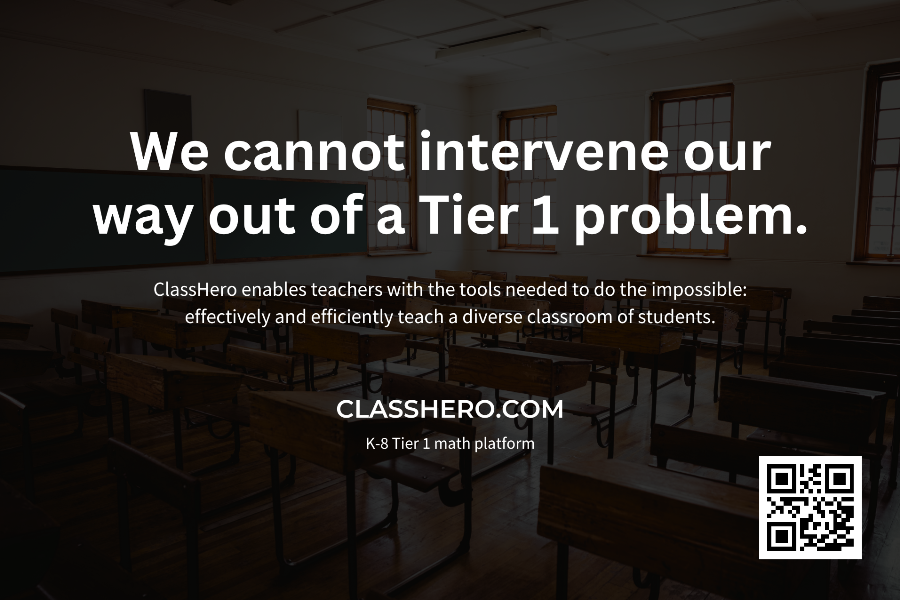Adult ESOL Education: Challenges, Opportunities, and Solutions1
By Dr. Melissa Hauber-Özer, Andrew Sansone, & Katie Edwards
Adult ESOL classes provide invaluable support for social and economic integration and must be tailored to adult learners’ educational backgrounds, needs, and goals (Hofstetter & McHugh, 2023). However, in the United States, funding for adult education has decreased in recent years (Barbara Bush Foundation, 2021), and funding stipulations often necessitate focusing on certain populations, such as those seeking high school equivalency or workforce credentials (Cacicio et al., 2023). As a result, only 5% of adults in need of English language classes are served by WIOA Title II-funded programs (Hofstetter & McHugh, 2023). There is also a lack of evidence-based instructional resources and professional development for instructors, who are often overworked and underpaid (Barbara Bush Foundation, 2021; Cacicio et al., 2023). These challenges are pervasive and persistent, as evidenced by a 2005 survey sponsored by TESOL International documenting the perspectives of over 1,000 adult ESOL educators (Sun, 2010).
As leaders of the Adult Education Interest Section (AEIS) and Program Administration Interest Section (PAIS) of TESOL International, we conducted a global survey in 2023 for adult education administrators and instructors to gather actionable data (IRB project #011722161). The 66-question mixed methods survey examined instructor and student demographics; instructional models, curricular approaches, and assessment; program funding, staff roles, responsibilities, and compensation; and the sentiments and needs of administrators and practitioners. We shared the survey widely through US, Canadian, and global TESOL affiliates as well as related organizations, departments of education, and government agencies between February and May of 2023. It garnered 248 responses – mainly from the US but with a contingent of respondents in Australia, Canada, and the United Kingdom and single responses from Chile, Haiti, Ireland, Senegal, Thailand, and Ukraine. In this article, we provide an overview of the final results and a summary of responses to open-ended questions regarding challenges in adult ESOL and the role of professional organizations like NJTESOL/NJBE.
Respondent Demographics and Roles
Global respondents included 157 teachers, 41 administrators, and 50 administrators who also have teaching duties. Among those who teach, 40% have 5 or fewer years of teaching experience, 16% have 5-10 years of experience, 13% have 10-15 years of experience, and 30% have 15 or more years of experience, indicating that the majority of respondents are either relatively new to the profession or veterans. Administrators reported responsibility for a variety of tasks, including instructor course assignments, scheduling courses, selecting instructional materials, hiring/firing teachers, providing PD and training, managing and scheduling staff, overseeing curriculum, designing courses, selecting assessments, and recruiting students. Instructors and administrators with teaching responsibilities reported teaching in person and online, creating lesson and homework materials, designing assessments, correcting student work, assessing proficiency and learning goal attainment, providing conversation practice, conducting placement testing, tutoring, and advising students.
Program Models and Student Demographics
Many programs depend heavily on part-time instructors or unpaid volunteers: about half of administrator respondents indicated that their programs employ full-time instructors, while 81% noted employing part-time instructors and 70% reported having unpaid volunteer instructors. On average, respondents’ programs have 4 full-time and 15 part-time instructors. According to administrator respondents, the most common compensation model is hourly pay, and the average rate is between $25 and $31 per hour.
Funding sources include government and private grants, tuition fees, and donations, and administrators reported a range of student numbers served per program year. The most common range was 100-450 students (43%), with several serving 700 or more students (23%), and smaller programs serving fewer than 100 students (22%). The most common student countries of origin were reported as Mexico, China, Venezuela, Afghanistan, El Salvador, Guatemala, Honduras, and Ukraine. On average, 35% of classes meet for 4.5-8 hours per week, while 25% meet 2.5-4.5 and another 21% meet 8-12 hours per week, with most programs offering classes at different times of day.
See the Challenges and more below.




